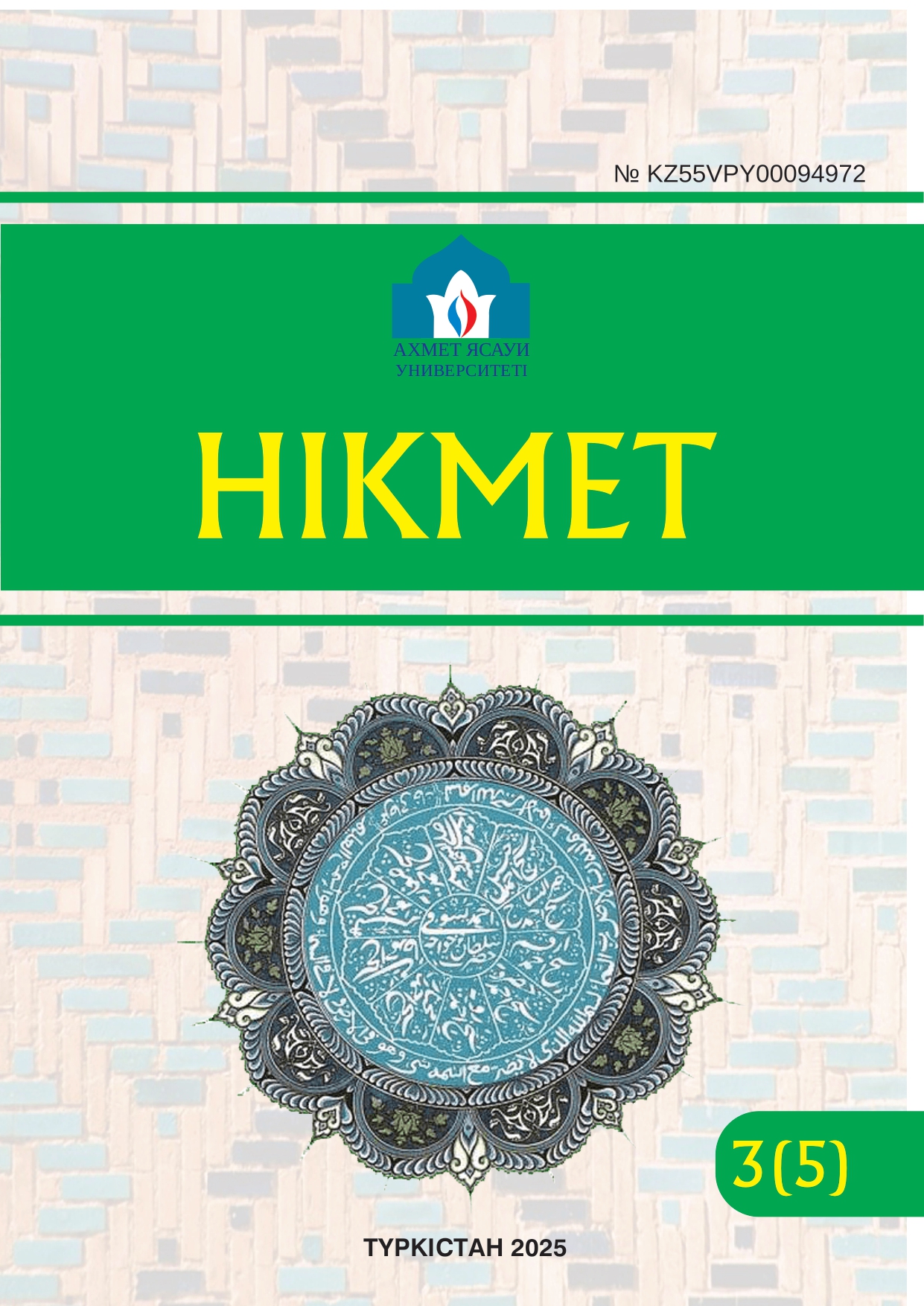A Review on the Criticisms of Yunus Emre’s Perception of Heaven and Hell
92 204
Keywords:
Paradise, Hell, Yûnus Emre, Sûfî, Sûfîsm, Bestowal, TormentAbstract
A Critical Appraisal of Yûnus Emre’s Conception of Paradise and Hell Yûnus Emre (d. 720/1320?) consistently foregrounds the pursuit of divine pleasure and love for the Truth (Ḥaqq) over all worldly and otherworldly gains. His devotion is marked by an unwavering sincerity (iḫlās), wherein he consciously distances himself from seeking paradise or fearing hell, lest such motivations compromise the purity of divine love. For him, worship must be undertaken solely for God’s sake, without expectation of reward or fear of punishment. However, this perspective has led to criticisms from some quarters, claiming that Yûnus dismisses paradise and disregards the torment of hell. This study examines Yûnus Emre’s verses on paradise, contextualizing them within the framework of Sûfî thought. It first situates paradise and hell within the broader history of religious traditions before analyzing the perspectives of other Sûfîs who faced similar critiques. Ultimately, it offers a hermeneutical reading of Yûnus’s controversial lines, elucidating their deeper mystical significance. The motivation behind this research stems from the omission of specific verses from secondary school textbooks, where only select stanzas are retained, and certain lines are censored. Employing a qualitative research approach, this study draws upon a comprehensive literature review, engaging with Yûnus Emre’s corpus alongside other Sûfî writings that have encountered comparable criticisms, thereby providing a nuanced understanding of the poet’s spiritual outlook.

